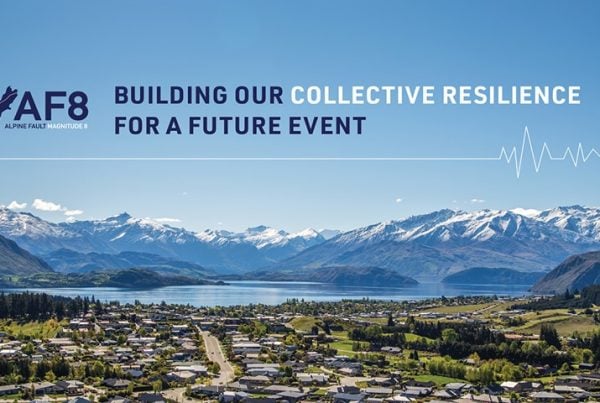
 Heidi McCulloch raises COVID-19 awareness with Live & Learn
Heidi McCulloch raises COVID-19 awareness with Live & Learn
MoDDD graduate Heidi has been working with Live & Learn Environmental Education on its COVID-19 public awareness campaigns in the Asia Pacific region, providing information on good hygiene practices and social distancing. Adapted to local contexts, the materials are distributed via Live & Learn’s offices throughout the region. Prior to the COVID-19 outbreak, Heidi was working in Tuvalu on Live & Learn’s Tuvalu Food Futures Project, looking into ways to increase food production. Back in Melbourne, Heidi has continued work on a case study, home gardening manual and Tuvaluan cookbook.
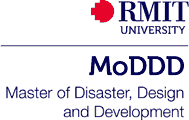
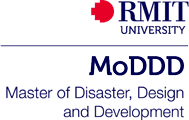
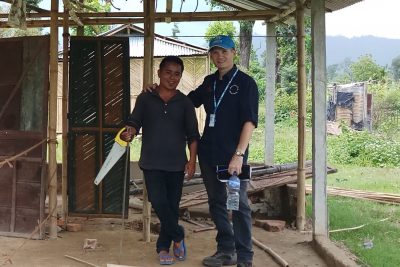 David Anderson appointed Shelter Lead for UNHCR Turkey/Syria border operations
David Anderson appointed Shelter Lead for UNHCR Turkey/Syria border operations Lauren Holmes works with SES during Black Summer
Lauren Holmes works with SES during Black Summer 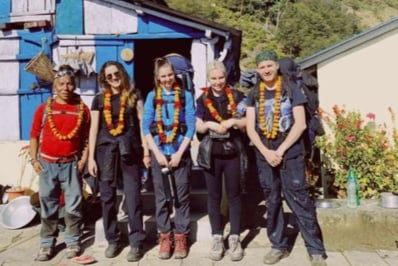 Lauren and Rebecca head to Nepal with Aussie Action Abroad
Lauren and Rebecca head to Nepal with Aussie Action Abroad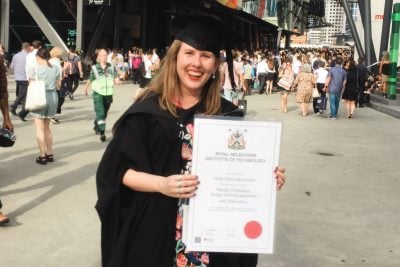 Heidi McCulloch joins Live & Learn for Angkor Wat resilient development project
Heidi McCulloch joins Live & Learn for Angkor Wat resilient development project 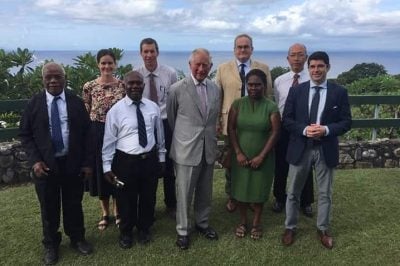 Elmah Panisi Sese meets with Prince Charles in the Solomon Islands
Elmah Panisi Sese meets with Prince Charles in the Solomon Islands David Pace undertakes inclusive DRR management assignment to the Philippines
David Pace undertakes inclusive DRR management assignment to the Philippines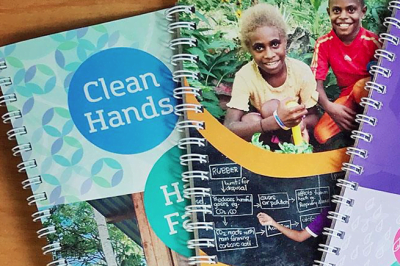
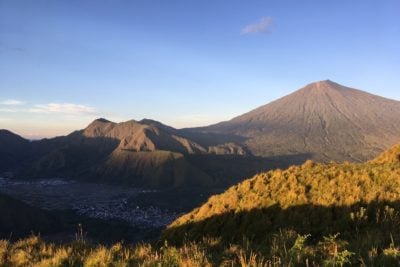
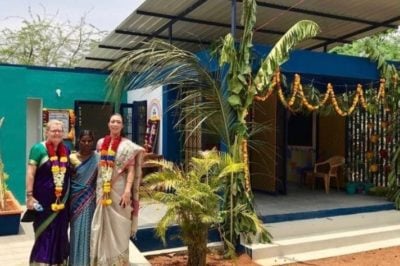

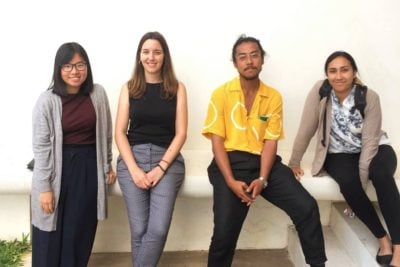
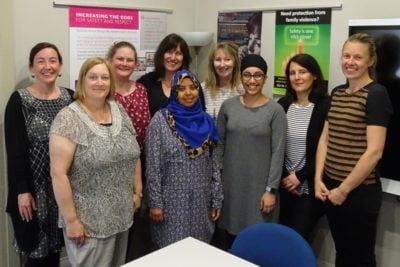
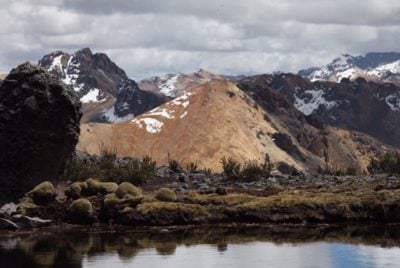
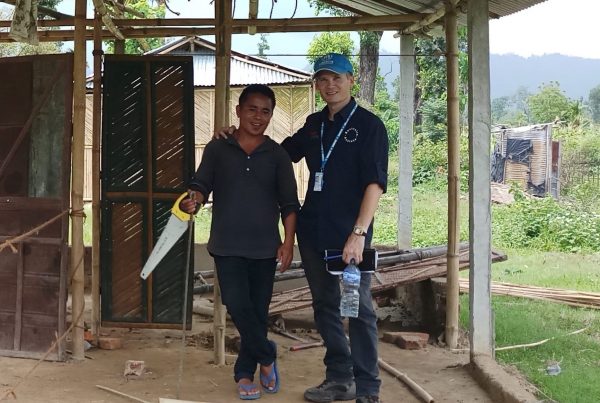
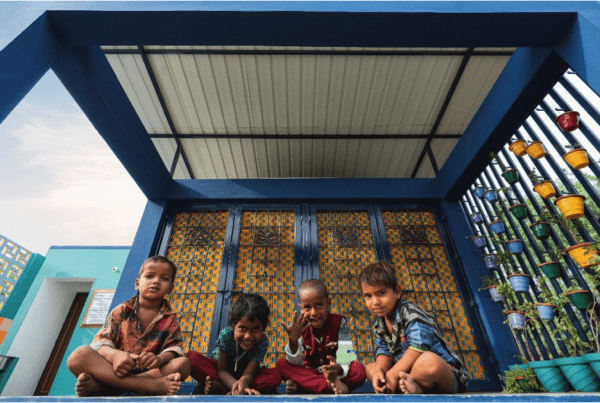
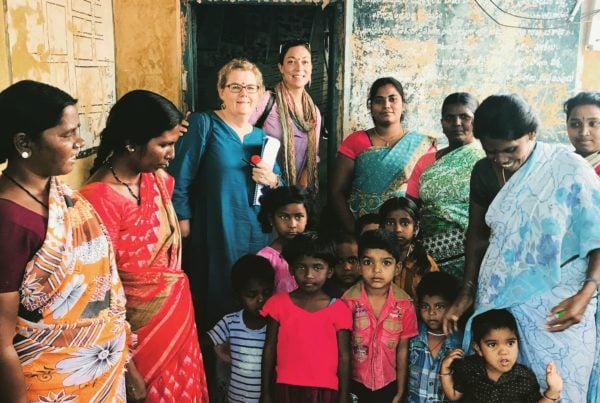
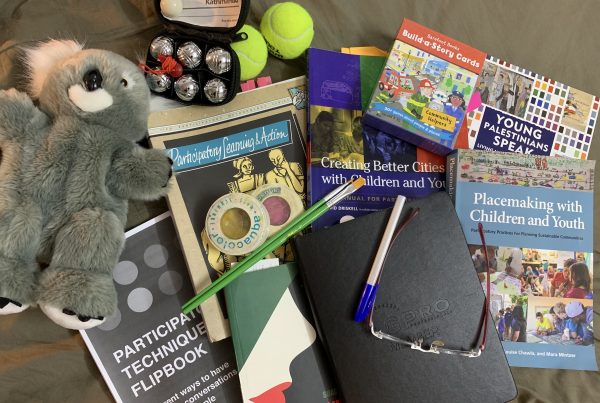
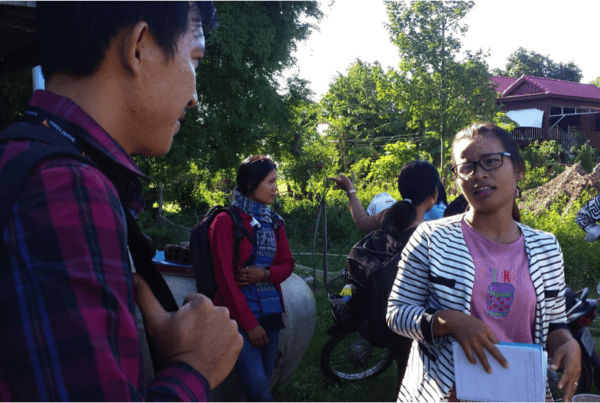
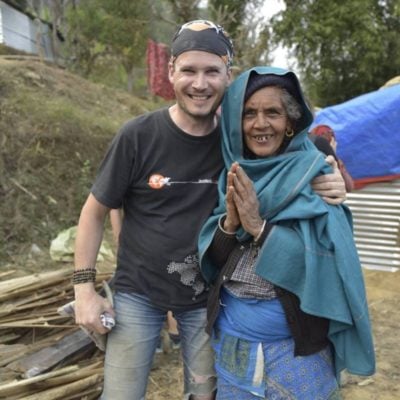 David Anderson – UNHCR shelter lead
David Anderson – UNHCR shelter lead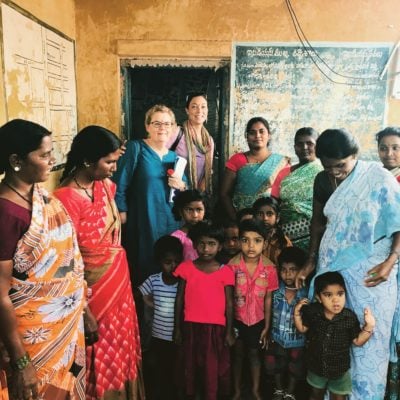 Sarah Schofell – Anganwadi Project coordinator
Sarah Schofell – Anganwadi Project coordinator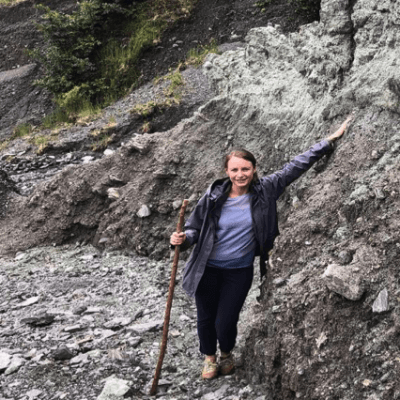 Alice Lake-Hammond – Project AF8 program coordinator
Alice Lake-Hammond – Project AF8 program coordinator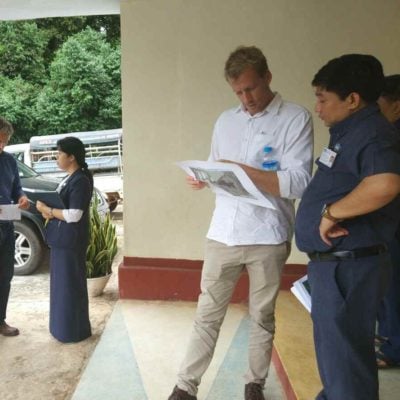 Andrew Hurley – World Bank advisor
Andrew Hurley – World Bank advisor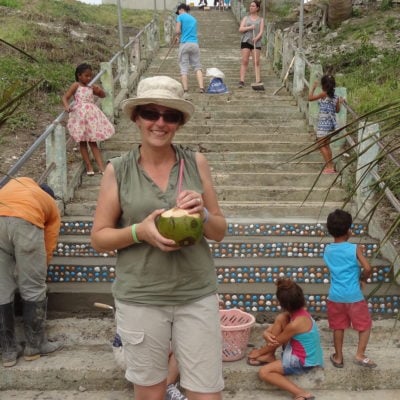 Robyn Mansfield – PhD student
Robyn Mansfield – PhD student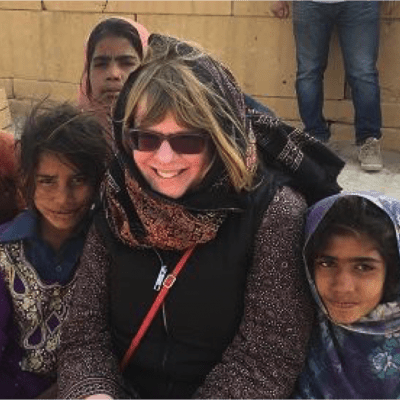 Lisa Skillern – Heritage Foundation of Pakistan
Lisa Skillern – Heritage Foundation of Pakistan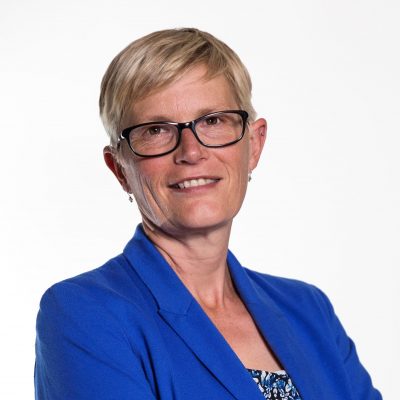 Zoe D’Arcy – NSW SES research and policy officer
Zoe D’Arcy – NSW SES research and policy officer